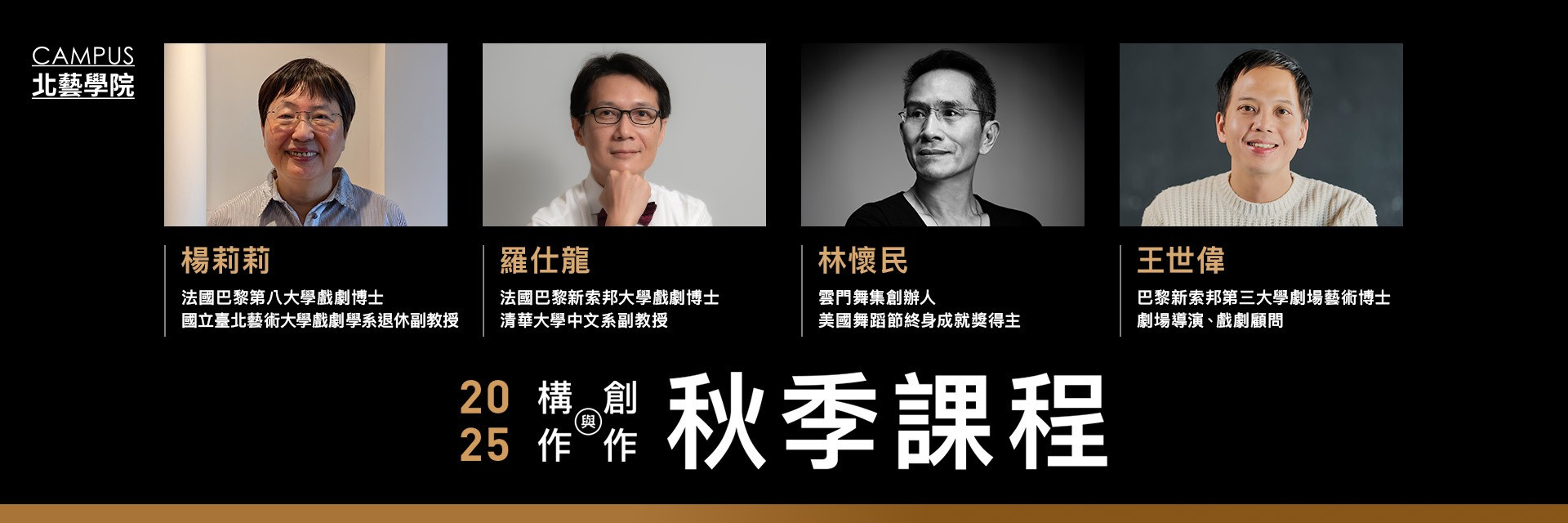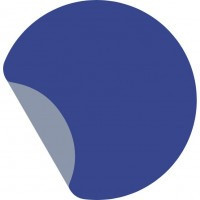【Lecture 1】Discovering French Theater and Drama
France holds a unique place in the theatre world. Back to the 17th century, French playwriting and dramatic theories have helped shape Continental theatre and continued to exert considerable influence for a century long. Adapting with the times while maintaining its heritage, the Comédie-Française, founded in 1680 thus the oldest national theatre in the world, still remains relevant today.
These three lecture series are great opportunities to discover the key milestones in the development of French theatre, along with influential playwrights, directors, and stage designers.
“French Theatre: A Kaleidoscope” explores the essence of French theatre and drama, from the Neoclassical period to the 21st century, focusing on cultural policies, theatre ecosystem, currents of mise en scène, distinctive playwrights, and influential directors from the 1950s to today.
Moliere’s L’Avare (The Miser) will be the focus of the “Reading Classic Plays” series. This has been the most popular play at Comédie-Française in the past two years. Professor Yang will guide the participants to read a classical drama. As drama is one of the four major Western literary genres, in addition to epic, novels, and proses, plays are not only meant to be presented on the theatre stage but also to be read at home. The pleasure of reading plays will be the fruit of this series of lectures.
Finally, the series of “Dramaturgs of Europe” will expound the tasks of Dramaturg on the Continent, following the concrete work of “transitioning from play analysis to stage performance” (i.e. “dramaturgy”) with remarkable productions of L’Avare as examples.
These three lecture series are independent, but interrelated, and are expected to enhance the understanding of French literary and theatrical life.
Series 1: French Theatre: A Kaleidoscope
The prominence of modern French theatre lies largely in its mises en scène. Unlike in the UK and North America, French audiences are primarily drawn by the vision and talent of the director. Professor Yang will focus on modern French theatre, covering its history, ecosystem, trends of mise en scène, cultural policies, structures of public theatres, and the crises it has faced in recent years. Then, she will introduce three major playwrights of the second half of the 20th century. The second and third lectures of this series will be devoted to the soul of modern theatre – the directors, whose constant mises en scène of classical dramas have generated new appreciations for contemporary spectators.
8/5 (Tue.): Contemporary French Drama and Theatre
In this session, we will briefly review the theatrical currents from the Neoclassical period through the 19th century, with particular focus on the founding and operational structure of Comédie-Française, the cornerstone in the history of French theatre. It will then point out the modern developments, including cultural policies, the ideals underpinning the establishment of public theatres, and the evolving tendencies in performance from the 1950s to the present. With this broad background in mind, we will learn the original writing styles of three major contemporary playwrights, Michel Vinaver, Bernard-Marie Koltès, and Jean-Luc Lagarce.
8/12 (Tue.): The Golden Age of Theatre Directors
Influential directors from 1970 to 1990 will be introduced followed by a reflection of the challenges involved in directing classic plays on contemporary stages: from Jean Vilar who founded the Avignon Festival to Roger Planchon (then director of the Théâtre National Populaire), Patrice Chéreau (then director of Théâtre Nanterre-Amandiers), Antoine Vitez (former director of Théâtre des Quartiers d'Ivry, amd Théâtre national de Chaillot, general administrator of Comédie-Française), Daniel Mesguich (former dean of the Conservatoire National Supérieur d’Art Dramatique) and Ariane Mnouchkine (director of Le Théâtre du Soleil).
8/19 (Tue.): New-Generation Directors
Dramatic changes happened in the theatre of the 21st century. This session will probe the common characteristics of new-generation directors. In particular, the works of Stéphane Braunschweig (former director of Théâtre National de Strasbourg, Théâtre National de la Colline, and Odéon-Théâtre de l’Europe); Stanislas Nordey (former director of Théâtre National de Strasbourg); Joël Pommerat (playwright-director); David Bobée (director of Théâtre du Nord); and Vincent Macaigne (avant-garde director) will be analyzed. Whether through their attitude toward the text, their interpretation, or their approach to visual design, new-generation directors express innovative aesthetics and contribute to revitalize French theatre.
Series 2: Reading Classic Plays: Moliere’s L’Avare ( Tickets are sold as a package of three sessions for NT$1,000 (including reading materials).)
Moliere is France’s most beloved classical dramatist. His popularity is reflected in the nickname given to France’s most prestigious theatre - Comédie-Française – “ House of Molière.” Since 2022, Moliere’s L’Avare has been the best-selling play at Comédie-Française, with tickets hard to come by for its performances.
After an introduction to Molière’s legendary career, as head of a theatre company, playwright, director and actor, Professor Yang will lead the participants to read closely this famous classic through her new translation. Molière’s genius as a master of comedy will be revealed at the end of lectures. Theatre scholar Michel Corvin, studying the important productions of Moliere’s plays between 1970 and 1990 in France, once said that a director could hardly call him/herself a director unless he/she had directed a play by Moliere. Bringing Moliere’s plays to the stage provides occasions for directors to expose their personal theatrical aesthetics and ideologies.
8/26 (Tue.): Reading Classic Plays: Moliere’s L’Avare, I
Starting from the meaning of “classic,” Professor Yang will pinpoint the importance of reading the classics today. Then she will explicate the neoclassical playwriting codes, following Moliere’s life, works, views on comedy and his signature performance style. The reading of Act 1 of L’Avare will cover the romance novel-like opening, the initiating dramatic action, Molière’s appropriation of lazzi from Italian commedia dell'arte, together with the subject of avarice and practice of usury in the 17th century.
9/2 (Tue.): Reading Classic Plays: Moliere’s L’Avare, II
Reading of acts 2 and 3, with analysis of the characters, theme, dialogue and comic techniques, consideration of staging, accompanied by DVD clips of outstanding mises en scène.
9/9 (Tue.): Reading Classic Plays: Moliere’s L’Avare, III
Reading of acts 4 and 5, with analysis of the plot, its climax and surrealistic denouement. In the end, the nature and purpose of laughter in Moliere’s plays will be examined.
Series 3: Dramaturgs of Continent
In recent years, a popular keyword has emerged in the fields of Western theatre research - dramaturg. In Taiwan, this term is usually translated as “drama consultant.” This and its related word “dramaturgy” originally referred to “playwriting art.” This was later extended to include playwriting theory, theatre criticism, and play analysis (referred to in mainland China as “drama composition”). The last part, play analysis, is the main task of dramaturgs, whose works should finally lead to performance. This series will elucidate the evolution of plot analysis from Bertolt Brecht onward.
9/16 (Tue.): Dramaturgs on the Continent
Professor Yang will explain the scope of work of dramaturgs in France and Germany, and examine the reasons this role holds such significance in each context. The lecture will also cover Brecht’s inspiration and influence on dramaturgy, as well as how dramaturgs contribute to the scenic realization of a project. Special attention will be given to the dramaturg’s involvement throughout the process – from play analysis to its staging.
9/23 (Tue.): The Transitioning from Play Analysis to Stage Performance: Staging L’Avare
Taking L’Avare as an example, the second session of this lecture series will explore the play’s production history, with a focus on contemporary interpretations, directorial approaches, and staging strategies. Selected video clips of notable theatrical representations will be shown for illustrations. After gaining a deeper comprehension of L’Avare in performance, this session will conclude with a concise illumination of the performance mindset behind Moliere’s most celebrated drama, Tartuffe (The Hypocrite).
【Lecture 2】Our Time, Our Jon Fosse
As the 21st-century stage grows increasingly silent and our daily discourse fragments further in the AI age, one may ask: what purpose does dramatic literature still serve? This course focuses on the dramatic works of Jon Fosse (1959–), the acclaimed Norwegian playwright and winner of the 2023 Nobel Prize in Literature, to explore his distinctively quiet, slow-paced, and poetic theatrical style. Participants will closely examine Fosse's texts, gaining insight into their unique aesthetic qualities and profound philosophical depth. Through careful textual analysis, participants will appreciate Fosse’s characteristic linguistic rhythms, symbolic imagery, and nuanced psychological portrayals of characters. Additionally, the course will incorporate excerpts from existing stage productions as supplementary material, offering participants broader perspectives for interpreting Fosse’s reflections on life and contemporary society. Anchored firmly in textual analysis, this course aims to deepen participants’ understanding of drama's role and significance in modern society, laying a solid literary foundation and aesthetic vision for future workshops.
9/4 (Thu.): Reaching Out the Theatre at the End of the World
This lecture will approach contemporary Nordic theatre, guiding participants through significant developments and distinctive features of modern drama from Northern Europe. We will introduce several representative playwrights, providing an overview of the styles and themes central to their work. Following this introduction, we will closely examine the uniqueness and artistic value of Norwegian playwright Jon Fosse’s theatrical creations, contextualizing his works within the broader landscape of Nordic drama. By studying selected excerpts from various Nordic playwrights in comparison with Fosse’s works, we will analyze how he employs concise language and silent tension to vividly portray emotional interactions and existential conditions among individuals.
9/18 (Thu.): The Most Silent and Yet Loudest Moments
This course will guide participants through an in-depth reading of Jon Fosse's plays, focusing on the imagery, linguistic structures, and dramatic rhythm of the texts, thereby enabling students to grasp the aesthetic features distinctive to Fosse’s dramaturgy. We will also explore how Fosse’s unique forms and styles reflect various facets of contemporary human spirituality and existential conditions. The course will primarily utilize Chinese translations, supplemented with comparative readings of English and French versions, ensuring a more comprehensive understanding of the original texts. Additionally, excerpts from existing performance recordings/images will be used as reference materials, providing students with concrete examples to help envision and appreciate the theatrical potential inherent in Fosse’s dramatic works.
【Lecture 3】Lin Hwai-min’s Nomadic Journey with Cloud Gate
LIN Hwai-min started his career as a novelist and did not receive any formal dance training until the age of 23. At the age of 26, he founded Taiwan’s first modern dance company, Cloud Gate Dance Theatre. He taught himself choreography without any formal training, and infused his works with the memories of Taiwan’s land and the spirit of its culture, creating contemporary dance pieces marked by a distinctive personal style that have been widely acclaimed internationally. Cloud Gate shares its dance across Taiwan : from large cities to small towns, and brings its works to audiences around the world. In these lectures, LIN will detail the challenges, setbacks of creating his works, as well as the persistence required to manage and operate the company. He will also make use of a large number of images to illustrate how he drew on movement, music, and visual materials to transform text into captivating dance works.
9/30 (Tue.) 19:00-21:00
Anguish, Exploration, and Learning – LIN Hwai-min’s Dance DNA
Founded during a time of martial law, diplomatic isolation and a lack of professional theaters, Cloud Gate grew into Taiwan’s most iconic cultural beacon on the international dance stage. During this lecture, LIN will share how he departed from his roots and used dance as means of exploring the dialogue between history and society, unfolding the thoughts, struggles, and breakthroughs that shaped both his creative process and the management of a leading dance company.
For this lecture, dance critic CHEN Pin-hsiu will serve as the host, leading the conversation with the speaker.
10/2 (Thu.) 19:00-21:00
Every Day Must Be a New Day - From The Tale of the White Serpent to Formosa
The artistry of LIN’s choreography has long earned the respect and praise of both dance critics and audiences. Yet, few have had the chance to delve into the motivation and evolution behind his works. In this lecture, accompanied by rarely seen video footage, Lin will trace each dance’s origines and offer a glimpse into his creative process and strategies.
For this lecture, dance critic CHEN Pin-hsiu will serve as the host, leading the conversation with the speaker.
10/5 (Sun.) 14:30-16:30
How the Body Tells Stories – The Dream of the Red Chamber, Nine Songs, and Portrait of the Families as Examples
Dance is the art of perception. Unlike text, physical movement does not “convey meaning in an easily defined way.” LIN who began his career as a writer, says it took him 20 years to wash away words and create dance grounded in movements, imagery, and energy. However, his final major work before retiring from Cloud Gate, Formosa, featured a stage filled with projected words. In this lecture, LIN will describe how he transforms “text” into dance through choreographic images and physical expression.
10/7 (Tue.) 19:00-21:00
I Construct Mise-en-scène – Legacy, Moon Water, and Songs of the Wanderers as Examples
Transforming the stage, with all its spatial limitations, into an imaginary world through sets and visuels is a central challenge for all creators. LIN emphasizes that all stage sets must serve the theme of the work and not overshadow it. In this lecture, LIN will share how he selects and works with various media to create unforgettable stage moments
【Workshop】In-Between Dramaturgy Workshop based on Jon Fosse's Plays
Jon Fosse was awarded the Nobel Prize in Literature in 2023. His plays are the starting point for this workshop, which explores the practice of dramaturgy. Participants will be invited to break free from traditional interpretative frameworks and create connections between text and the real world through the lenses of time dilation and mise-en-scène. Moreover, the integration of cross-disciplinary collaboration will be explored to reshape the relationship between audience and performance.
Dramaturgy originated in German theaters in the 18th century. Since then, it has evolved into a range of practices and methods that reflect the growth of the performing arts ecosystem. Whether it involves text analysis, literary research, aesthetics consultation, curatorial work, or community connections,the core of dramaturgy lies in building bridges of communication, encouraging exchanges, and opening up possibilities for collaboration and co-creation.
Based on the theme of “in-between,” this workshop invites participants to step beyond their own perspectives and explore the potential of encountering “the other.” Through co-learning and practice, they will break free from the conventional frameworks. Engaging in creative experiments, they will uncover new forms of expression, open up fresh possibilities for seeing, interpreting and being.
10/4 (Sat.) 14:00-17:00 In-Between the Creation and the Listening – Rehearsal Room 5
Fosse describes his ideal writing state as simply sitting down and beginning to write. He listens, constantly listens, with full attention concentrating on hearing the work itself. But why does Fosse describe writing as “listening?” How can we understand his playwriting style and the subtle state of being he portrays? Fosse listens to silence with openness and keen perception. What is the connection between this creative method and the practice of dramaturgy? How can dramaturg assist creative teams in transforming Fosse’s text into stage language? How does his approach differ from that of directors, designers, and actors? In the first session of this workshop, participants will be introduced to the characteristics of Fosse’s writing, be invited to delve into the mysterious and profound world of his texts, and explore how the dramaturg plays a role in collaborative creation.
10/9 (Thu.) 18:00-21:00 In-Between the Active and the Passive – Rehearsal Room 5
What is dramatic action? Does the absence of overt stage movement, character conflict, or climactic scene suggest a lack of dramatic tension? Through Fosse’s repetitive lines and scenarios, how can a sense of deadlock or suspense be generated on stage without falling into stagnant emptiness? Does the characters’ perpetual waiting serve as a metaphor for the condition of existence ? How might dramaturg inform and shape the performances of actors? In this session, participants will physically explore the dramatic actions and character states described by Fosse through simple movement exercises, then examine the collaborative relationship between creators and dramaturgs : one that is horizontal rather than hierarchical.
10/25 (Sat.) 14:00-17:00 In-Between the Original and the Reference – Rehearsal Room 2
Starting from the text, how can we identify references that enrich the creative process? How might we move beyond merely citing sources to instead transform them : developing a new performance vocabulary in the process? Must the performed script remain faithful to the original or is it through a kind of betrayal of the playwright that a distinct artistic language can emerge? What are the similarities and differences in the playwriting styles of Fosse, Henrik Johan Ibsen, Samuel Beckett, and Harold Pinter? How can we bridge cultural distances when interpreting contemporary Western texts? Starting from the characters, situations, settings, and symbolic objects described by Fosse, participants will be invited to imagine alternative interpretations, explore multiple possibilities for performance, and examine layered relationships between original works and adaptations, creation and simulation, and reality and reproduction.
12/4 (Thu.) 18:30-21:00 In-Between the Past and the Present-Rehearsal Room 4
In the perceived time of a theater performance, does the narrative unfold linearly ? How can we allow the narrative to flow on stage? How can we address ruptures in time and dislocations of time and space? What is the shared scene perceived by both performers and audiences? Time is a central concept in Fosse’s works. He evokes blurred memories and captures fleeting moments through repeating cycles, imprinting the experience deeply in the minds of audience members. This session will begin by examining Fosse’s layered conception of time and explore how to develop, structure, shift, and repeat dramatic actions to shape stage narratives with transformative potential.
12/5 (Fri.) 18:00-21:00 In-Between the Vast and the Minute-Rehearsal Room 4
What is the relationship between space and narrative? In an empty space, how can we create atmosphere, dynamic energy, and shift the audience-performance relationship? Within the confines of an artificial theater space, how can we evoke the boundless, invisible forces of the natural world? Steep fjords serve as a crucial motif in Fosse’s works. In this session, participants will explore the interplay between dramaturgy and mise-en-scène through body positioning , lighting shifts, and movement of props. They will also delve into Fosse’s elemental landscapes : ocean, waves, cliffs, wind, and clouds.
12/21 (Sun.) 14:00-17:00 In-Between the Unspoken and the Spoken(feat. LIAO Hai-Ting)-Rehearsal Room 1
Fosse creates a rhythm through pauses, interruptions, stillness, and silence in his dialogues. How can we respond to the breathing rhythm of his characters? What do the gaps and absences in his dialogue mean? How might we move beyond psychological interpretation and construct silence into an expressive language? In this session, participants will explore how words can become music and through the actual performance of sound and musical elements, listen to and engage with Fosse’s silent poetry. The session will also consider the relationship between dramaturgy, sound and rhythm, revealing how silence itself can be transformed into a tool for communication.
12/22 (Mon.) 18:00-21:00 In-Between the Body and the Existence (feat. TIEN Hsiao-Tzu)-Rehearsal Room 1
Starting with movements drawn from everyday activities, participants will explore how stage actions emerge, develop, shift, and fade. Many of Fosse’s characters seem to exist on the threshold between wakefulness and sleep, consciousness and the subconsciousness, or life and death. How can the body be used to navigate this unsettled and ambiguous state of existence? How can we grasp the balance, or imbalance, between external actions and internal states through practice? How can performance make the audience feel fully present, in here and now? During this session, participants will be invited to activate their senses and perception in pursuit of authentic stage actions.
12/23 (Tue.) 18:00-21:00 In-Between the Audience and the Performance-Rehearsal Room 1
Bringing together the explorations of writing, action, comparison, time, space, sound, and body in the previous seven sessions, in this final session, participants will be invited to curate a public presentation. Through diverse formats, including text, painting, music, reporting, dialogue, performance, interactive installation, and sound experiments, participants will share and discuss the research and questions they have developed over the past three months on Fosse and dramaturgy with both the public and professionals. The presentation will center on several key questions: How can Fosse’s scripts be interpreted across different disciplines? How can cultural boundaries be crossed to embody the universal values within his works? How might dramaturgy be applied in contemporary productions to enable experimental approaches and open up new possibilities? And in the context of Taiwan’s performing arts scene, what roles can a dramaturg play?
【Speakers Introduction】
Lecturer|Lilly Yang
Lilly Yang received a Bachelor’s degree from National Taiwan University’s Department of Foreign Languages and Literatures, a Master’s Degree from the Department of Theatre and Drama at the University of Wisconsin in the US, and a doctorate in Theatre from Paris 8 University in France. She had taught in the Department of Foreign Languages & Literature at National Tsing Hua University and the School of Theatre at Taipei National University of the Arts. Her research interests include mise en scène, performance analysis, and French theatre. She is the author of numerous books, including Challenging the Impossible: French Theatre Director Antoine Vitez in the 1970s (2012); Reestablishing the Glory of Chaillot National Theatre: French Theatre Director Antoine Vitez in the 1980s (2017); Exploring the Profundity of Paul Claudel’s Soulier de satin (2020); and Creating Memories for the Future: French Theatre Director Antoine Vitez in the 1990s (2025). These works constitute the first in-depth scholarly monographs on Antoine Vitez. Her research on French directors of the 21st century appears in New Generation of French Theatre Directors: From Christian Schiaretti to Joel Pommerat (2014), while her research on contemporary Continental dramaturgy has been published in New Perspectives of Playwriting on the Continent (2008). She has also translated a number of plays including Selected plays of Bernard-Marie Koltès (1997); Die Zeit und das Zimmer (Time and the Room) (Botho Strauss, 2002); The Marriage de Figaro (Caron de Beaumarchais, 2021); and L’Avare (The Miser) (Moliere, 2016).
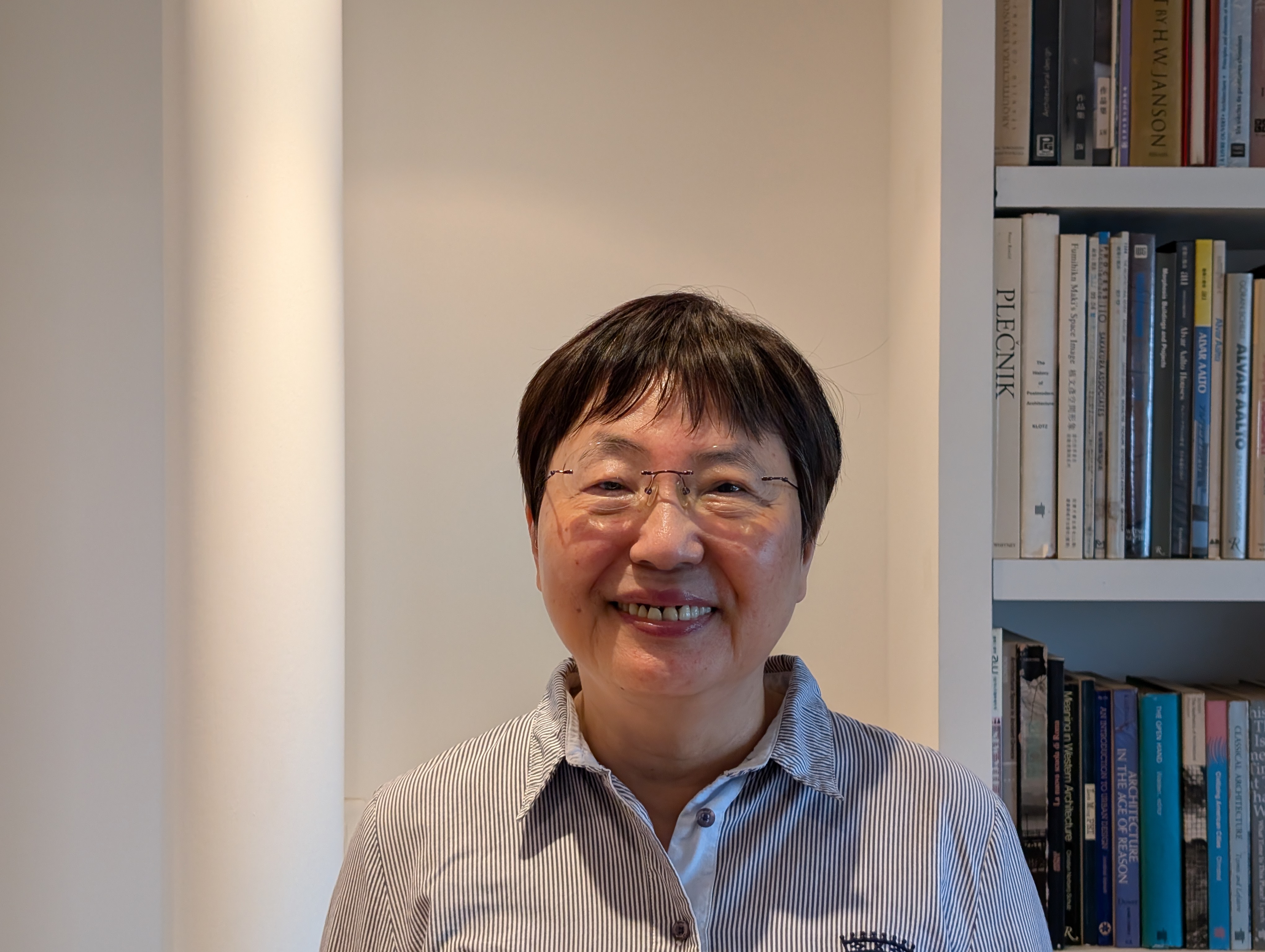
Lecturer | Shih-Lung Lo
Shih-Lung Lo holds a Ph.D. in Theatre Studies from the Sorbonne Nouvelle University in Paris. He previously taught at Paris Diderot University and the University of Paul-Valéry Montpellier. He is currently an Associate Professor in the Department of Chinese Literature at National Tsing Hua University, where he also serves as Director of the Chinese Language Center and Director of the Tsing Hua College Interdisciplinary Program. His research focuses on modern drama, Sino-French comparative literature, and translation studies. His major publications include Aspiring to the Way, Wandering in Translation: Song Chunfang’s Global Journey and the Cross-Cultural Literary Voyage and Theatre Class at Sixteen. Since 2021, he has co-hosted the podcast program Stories from the Peking Opera Trunk with Professor Wang An-Chi, Artistic Director of the Guo Guang Opera Company. The program was nominated for Best Arts and Culture Program Host at the 58th Golden Bell Awards.
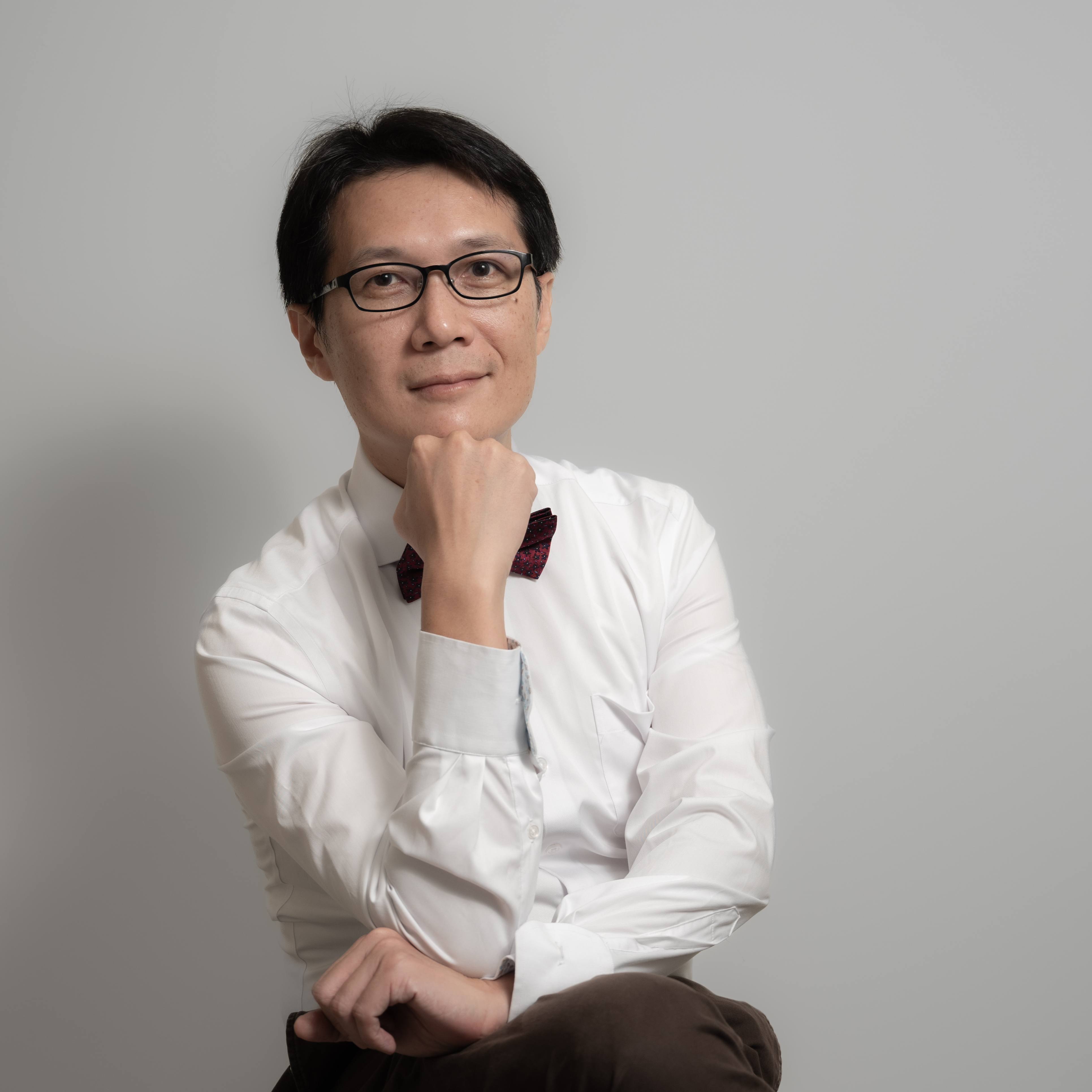
Lecturer|LIN Hwai-min
In 1973, LIN Hwai-Min founded Taiwan’s first professional dance company, Cloud Gate Dance Theatre, and in 1983 he established the Department of Dance at the National Institute of the Arts (present-day Taipei National University of the Arts). He is a pivotal figure in Taiwan’s cultural landscape : both a choreographer and cultural advocate. At the end of 2019, he retired after serving as the Artistic Director of Cloud Gate Dance Theatre for 46 years.
LIN has created dozens of contemporary dance works inspired by traditional Asian culture, including Legacy, Nine Songs, Portrait of the Families, Moon Water, Songs of the Wanderers, Rice, and Cursive: A Trilogy. His choreography has garnered critical acclaim both in Taiwan and internationally. The London Times once hailed him as one of the most important contemporary choreographers.
Under his leadership, Cloud Gate Dance Theatre brought dance to cities and towns across Taiwan. Every summer, its free outdoor performances draw vast audiences, making Cloud Gate part of people’s lives.
In 2013, he received the Samuel H. Scripps /American Dance Festival Award for Lifetime Achievement, one of the highest honors in modern dance. That same year, he was invited by UNESCO’s International Theatre Institute to deliver the keynote message for International Dance Day in Paris.
LIN holds honorary doctorates from six universities in Taiwan and Hong Kong and was named an Honorary Fellow of the Trinity Laban Conservatoire of Music and Dance in the UK. Time Magazine listed him among “Asian heroes”. His numerous awards include the John D. Rockefeller 3rd Award (USA), Chevalier of the Order of Arts and Letters (France), Lifetime Achievement Award from the International Movimentos Dance Festival (Germany), Distinguished Award from the International Society for the Performing Arts, National Cultural Award (Taiwan), and Taiwan Contribution Award.
Also an accomplished novelist, Lin published the 50th anniversary edition of his long-selling celebrated novel Cicada in 2019. In 2022, his essay collection Torrent and Reflections was published, and went on to five major literary awards, including the Taiwan Literature Award and Taipei International Book Exhibition Grand Prize, and was named among Yazhou Zhoukan’s Best Reading Titles.
In 2025, Lin choreographed One to One Hundred: A Brave Journey, for Formosa Circus Art (FOCASA), performed in a circus tent at Shueijiaoshe Cultural Park in Tainan City, with 30,000 tickets sold.
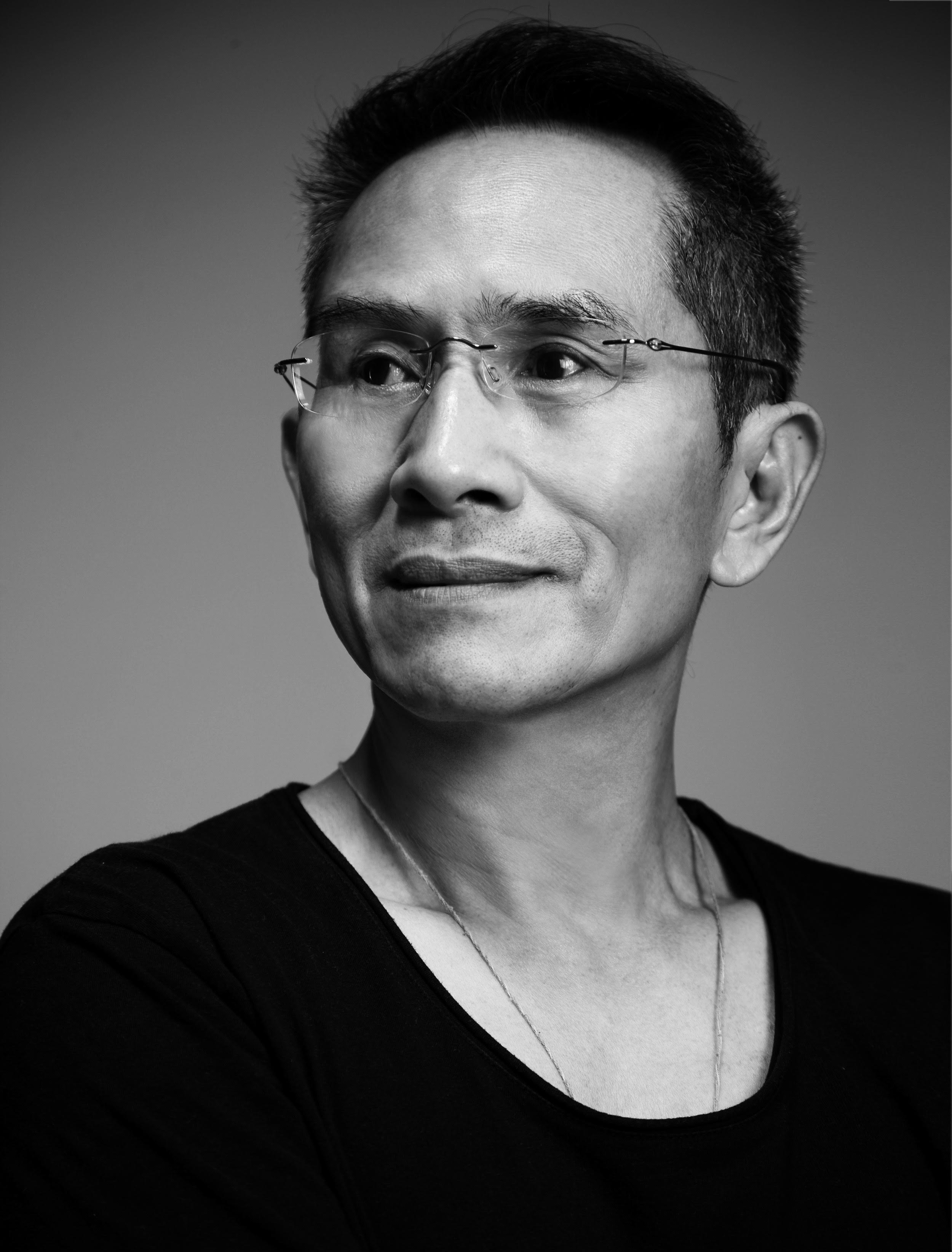
Lecturer|WANG Shi-Wei
WANG Shi-Wei earned his undergraduate degree in Directing from the Taipei National University of the Arts, and later pursued studies in theater aesthetics in France. While there, he engaged in the performing arts from a practitioner’s perspective: participating in, interpreting, analyzing, and studying performances. He also enrolled in the Laboratory of Movement at École Internationale de Théâtre Jacques Lecoq, and went on to obtain both Master’s and Doctorate in Theater Arts from Université Sorbonne Nouvelle – Paris 3.
Wang’s creative practice spans directing and theater theory research, with a focus on exploring new aesthetic forms and contemporary issues. In 2020, he received the Performing Arts Award of the 18th Taishin Arts Award for his work Masses. His notable directorial works include Status Quo, Blood Brothers, and Existence of Absent Reality, which transcend traditional theatrical forms to challenge the power structures in contemporary society through experimental aesthetics and dialectical inquiry. In recent years, Wang has also expanded into cross-disciplinary collaboration, serving as dramaturg for productions such as Islands and Adieu, further broadening the expressive and diverse possibilities of performance language.

